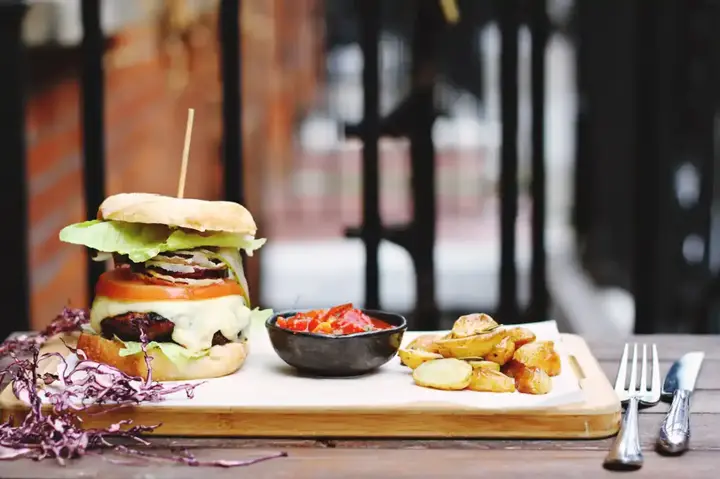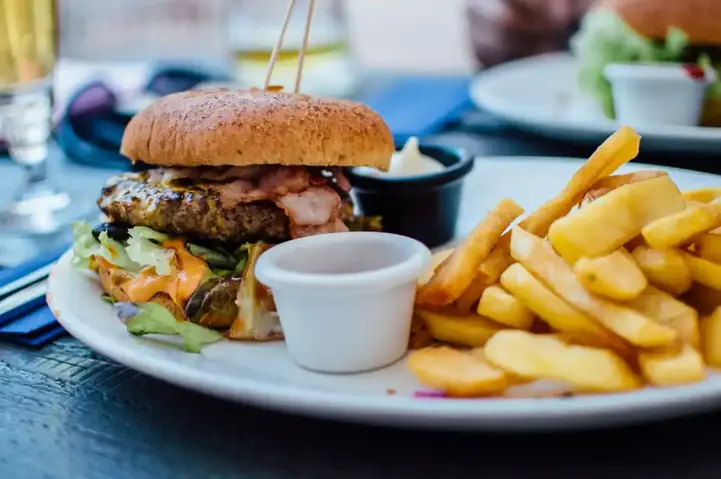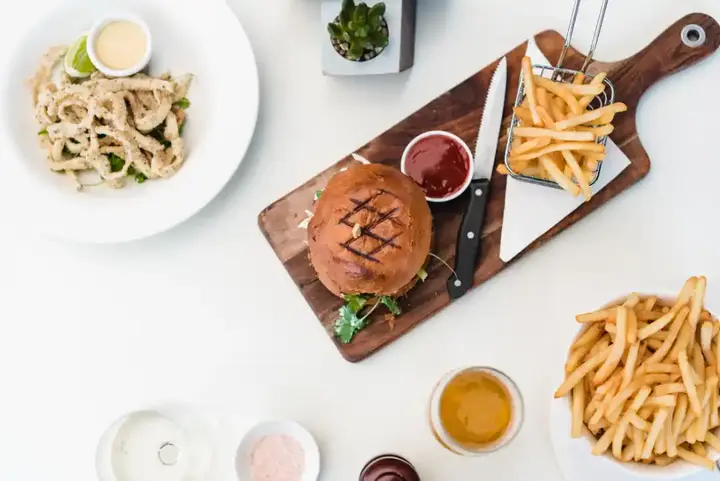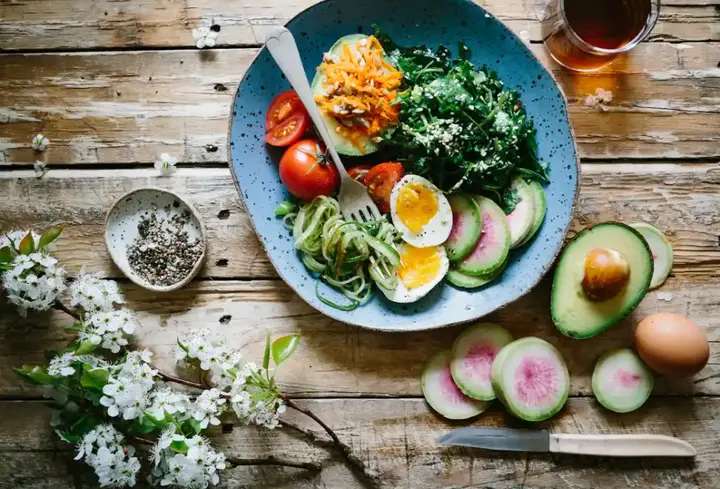The relationship between (bad) foods and the incidence of cancer

There are increased health risks associated with the increased consumption of ultra-processed foods, especially through restaurants and delivery services, so a plant-based diet must be advocated to reduce cancer rates and improve overall health. Ultra-processed foods are those that have undergone high levels of processing, so that they do not resemble the raw ingredients from which they are made. Ultra-processed foods include soft drinks, chips, chocolate, candy, ice cream, sugary cereals, pies, processed meats, and fast foods. Ultra-processed foods contain many food additives, and the processes and ingredients used to produce them make them convenient, non-perishable, have a strong flavor, are easy to eat in large quantities and are often inexpensive to buy. Unfortunately, this high level of processing reduces the nutritional value of food and can increase its energy content. In recent years, there have been significant increases in the amount and types of ultra-processed foods available.
Recommend
Show key points
- Relying heavily on ultra-processed foods, especially through takeout and delivery services, poses significant health risks including increased cancer rates and obesity.
- Ultra-processed foods are highly manipulated products that bear little resemblance to their original ingredients and are typically high in salt, sugar, unhealthy fats, and additives.
- Despite their convenience and low cost, these foods often lack essential nutrients and contribute to excessive calorie consumption and poor dietary balance.
- ADVERTISEMENT
- Home-cooked meals using fresh and whole ingredients are strongly recommended as a healthier alternative to combat the negative effects of a processed food-heavy diet.
- Health professionals warn that the modern diet’s dependence on restaurant meals and food delivery is a major contributor to chronic diseases, including multiple types of cancer.
- Obesity and poor nutrition from processed foods can disrupt gut health, leading to inflammation and increased vulnerability to serious illnesses.
- Individuals are encouraged to reduce consumption of processed snacks and fast food, choosing healthier substitutions and cooking more meals at home to improve wellness.

Unfortunately, these foods seem cheaper when compared to unprocessed or minimally processed foods such as vegetables, whole grains, legumes, fruits, lean meats, fish, dairy products and alternatives. The risks of increasing dependence on restaurant meals and food delivery services are increasing which often leads to the consumption of these ultra-processed foods high in salt, sugar and fat. Given how busy we are all nowadays, I can fully understand why people rely so heavily on restaurant meals. According to a recent Gallup poll, Americans now eat 8.2 meals a week at home, a historically low number. It wouldn't be too bad if we treated these things as bonuses. But according to one prominent doctor, our new habits of ordering food from restaurants literally kill us. Many people rely on food delivery apps all the time. But if most people treat this as occasional calorie waste, obesity rates won't be the same as they are now. But obesity isn't the only problem, according to a respected American doctor and chef. It's deeper than that.
These foods kill you

I recently came across an interview with a doctor, nutritionist and chef named Andre Joy. Joey, a chief physician at the Hackensack Meridian Health Foundation's John Theoreer Cancer Center in New Jersey and a part-time chef at his family's restaurant, claims that "dependence on convenience" is actually the reason behind the high cancer rates in the United States. Here's what he told Fox News recently: "The biggest problem with the American diet is relying on rest rather than home cooking." As a result, we eat a lot of processed foods.
Ultra-processed foods and cancer

Although the link between ultra-processed foods and cancer is not well certain, eating these foods frequently or in large quantities may contribute to an increased risk of cancer.
First, they contain high levels of energy, saturated fats, added sugars and sodium, and are low in nutrients such as vitamins and minerals. If we eat too many ultra-processed foods, we may not eat enough of the foods in the diet that we know can help prevent cancer, such as whole grains, fruits and vegetables.
Second, eating these foods regularly can lead to weight gain. Being above a healthy weight increases your risk of 13 different types of cancer, including cancer of the intestine, kidney, pancreas, esophagus, endometrium, liver and breast (postmenopaual)
"Obesity and poor diet lead to microbial imbalance, a decrease in microbial diversity that leads to chronic inflammation and increased intestinal permeability, increasing the risk of cancer.
"Highly processed foods refined with added sugar and white flour can negatively affect the balance of gut bacteria, making us more susceptible to cancer." So this is the culprit of cancer: highly processed foods. These foods full of salt, sugar and fat and with little nutritional value literally kill us. What makes matters worse: Some people add alcohol consumption to the mix and don't exercise as much as it should. Dietary guidelines recommend eating discretionary foods such as ultra-processed foods occasionally and in small portions.
How to eat ultra-processed foods less

• Limit how often to eat these foods and look for smaller meals.
• Limit the intake of foods such as cakes, biscuits, candy, other sweets, and processed meats. Try homemade oats, raisins, and plums for a sweet snack.
• Reduce your intake of junk foods. Foods such as pizza, burgers and fries may contain very few nutrients and may be high in energy, saturated fat, sodium and sugars.
• Enjoy home-cooked meals." Cook at home often using fresh ingredients - you can cook quick, easy and suitable for freezing. Cooking at home helps you lose weight, lower the risk of cancer, and pride in being something delicious for yourself and your family
If accidental overeating of junk food is acceptable, regular consumption of such foods is harmful to health. Respected readers should engage in a dialogue about food delivery culture and share their experiences of trying to eat healthier.








